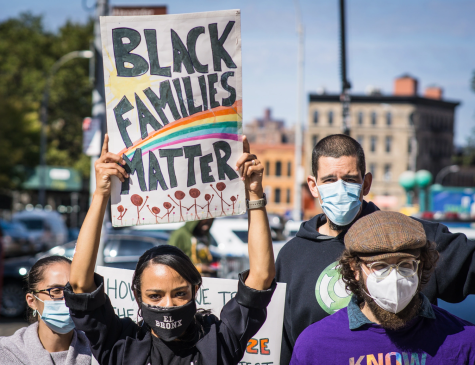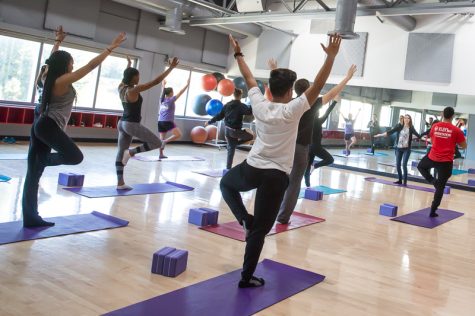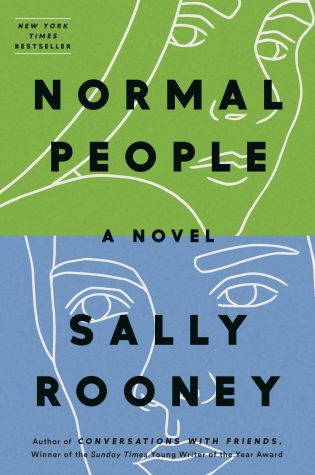Coping with stress and depression in college
January 24, 2018
College: what some may say will be the best four years of your life.
These are the years you’re supposed to enjoy life to the fullest, experience new things and find your true self. I bombarded myself with new experiences and attempted to stray out of my comfort zone my freshman year. I met new people, joined a co-ed fraternity, drank for the first time and had endless late night adventures with my closest friends. These were the times everyone told me about. It was truly the best year of my life.
What no one told me was the impending doom that is ‘burn out.’ I overworked myself with a busy schedule my sophomore year. I took on a position in my co-ed fraternity, I became a resident assistant in housing and started my major classes all while attempting to retain a social life.
I ended the quarter with a shameful 1.7 grade point average, which dropped my cumulative 3.9 to a 3.2. I was devastated, hurt, ashamed and stressed. I worried about my grades affecting my future after I was threatened with losing my scholarship and internship at Warner Bros. Entertainment. Combine that with typical college drama and heartbreak and it seemed like everything was falling apart.
My anxiety levels increased, I began feeling hopeless, helpless and had no idea how to be myself again.
After battling anxiety and severe stress for a year, a friend recommended the counseling services offered in the Student Health Center here at Cal State East Bay. Although I was hesitant, she took the time to walk over to the office with me and schedule an appointment. Stress hit me hard the days leading up to the appointment and out of stress and worry, I called to cancel the appointment the day before.
Luckily, I was able to find coping methods like listening to music and writing poetry. I told myself to go out with friends instead of staying home alone because I knew that was best for me. It takes a lot of self discipline and self-care to bounce back from a place you never thought you’d get out of. Unfortunately, not all students can say the same. Last summer, I lost a close friend to suicide. He was only 20 years old.
According to the American Psychological Association (APA), the second leading cause of death in college students is suicide. With motor vehicle accidents at number one, most likely caused by a driver with a blood alcohol content (BAC) level of 0.08 percent or higher, college campuses have taken the initiative to tackle this issue. Cal State East Bay, for example, has made it mandatory for incoming freshmen and transfer students to take an online alcohol education course.
So what is the campus doing for suicide prevention?
There are currently no online programs available or mandatory for students at Cal State East Bay for suicide prevention. After doing some digging, I managed to find a mental health screening test online to determine whether or not an individual should seek help. To find this screening it took six clicks, two of which were just guesses. Not only was it difficult to find this page, but once you have collected your results, the only offered help is counseling services.
East Bay attempts to prevent anxiety, depression and stress within students through self-care workshops and events offered at the Health Center, RAW and Student Life. There are an abundance of programs available to help students with anxiety and stress. According to a Peer Advocates for Wellness (PAW) intern, three students on average attend these programs.
Students who would like to take advantage of Cal State East Bay’s counseling services can make an appointment directly through the Student Health and Counseling website: http://www.csueastbay.edu/shcs/




















